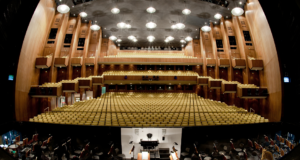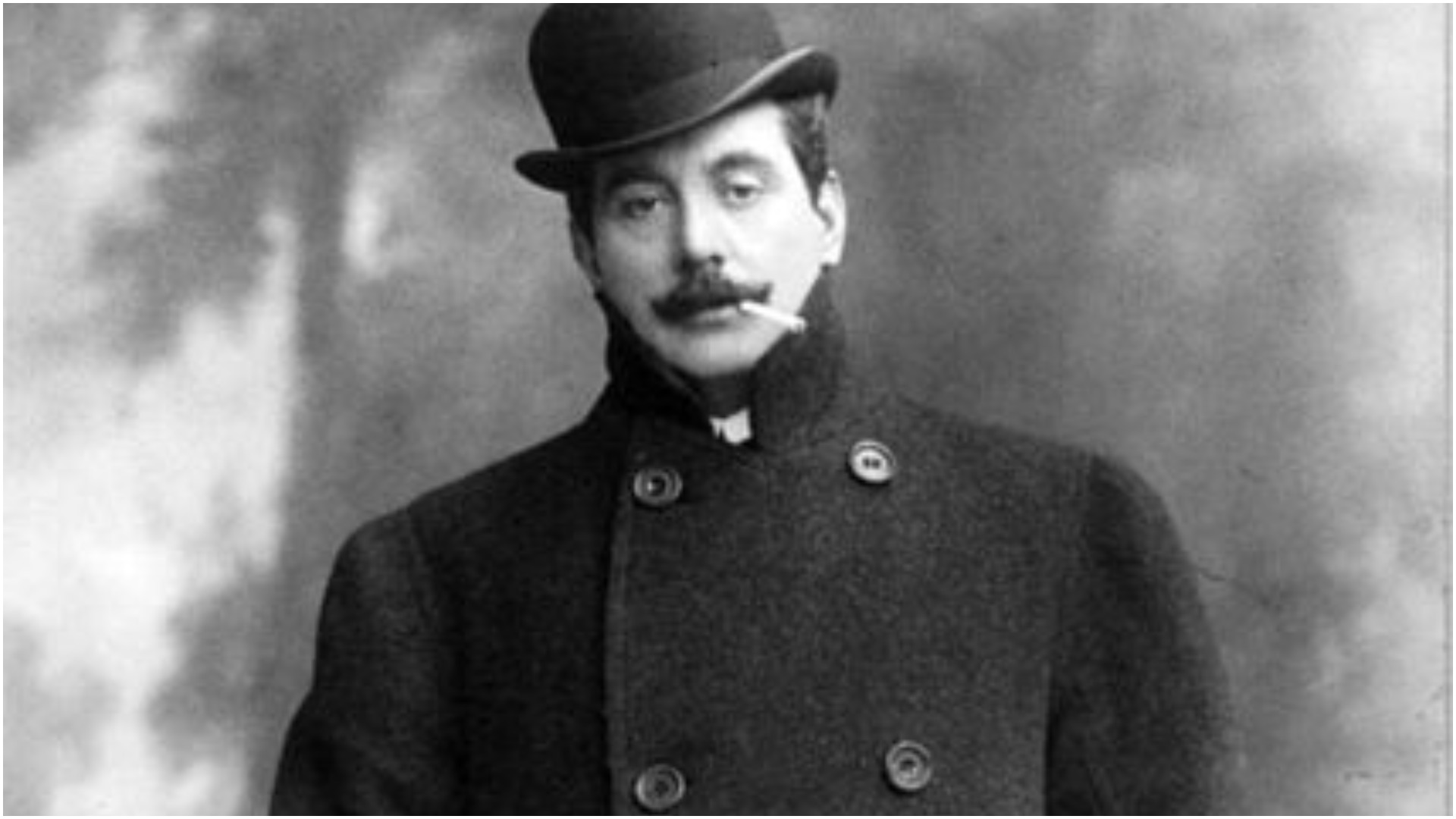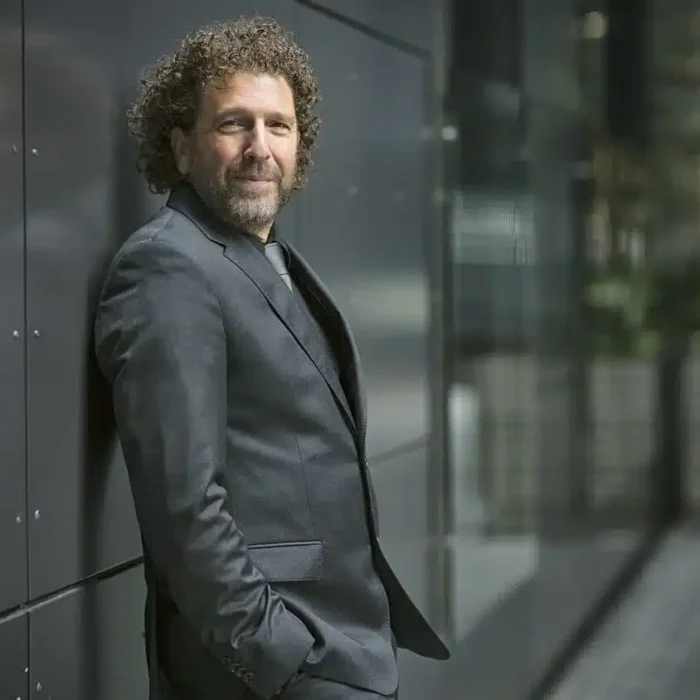
Berlin’s Leading Epidemiologists Claim that Attending Opera Performances With Full Audiences is Safe
By Dejan Vukosavljevic(Credit: Deutsche Oper Berlin / Leo Seidel)
UPDATE: Since the publication of this article, the Charité’s leadership has distanced itself from the statements made in this article. Here is the full update.
Leading German epidemiologists from Berlin’s Clinic Charité have published a revised study suggesting that opera houses and concert halls should allow every seat in the audiences to be occupied, website Rbb24.de reports.
The latest recommendations from the Charité have been exclusively made available to Rbb24.de, per the report. For this to happen, the ultimate mandatory requirement that all spectators wear face masks must be fulfilled.
“The decisive basis is the scientific assessment of the effectiveness of mouth and nose protection. When you wear such a protection, around 95 percent of the viral load is absorbed. That means that you protect yourself, and so does everyone else,” Professor Stefan Willich, director of the Institute for Social Medicine and Epidemiology at the Berlin’s Charité, stated.
Professor Willich, who is also a conductor, added his assessment of the situation from a musical point of view: “The special thing about the classical concerts is that the audience is usually very disciplined, they don’t speak during the event, and they also sit quietly.”
They also suggest that a concert of classical music or an opera performance could be safer than shopping in the supermarket or using public transport. Charité experts are well aware of the fact that a significant part of the audiences at the concerts of the classical music or opera performance belongs to the elderly group age.
“The risk factors for COVID-19 are old age and relevant chronic conditions. I think that if you belong to such a risk group, you should decide whether you will expose yourself to the public, whether you take certain risks, even if they are very low,” clarified Professor Willich.
Dr Willich also stresses the importance of a proper ventilation.
“Modern, adequate ventilation systems must be deployed, sometimes with special filters. The hall technology must clarify that you really have a proper filtering of air,” he noted.
In addition to these new findings, Charité’s experts confirmed the importance of a social distance while entering and exiting the premises. Catering facilities should remain closed, per the recommendations.
Regarding the orchestral setup, Charité confirmed that a distance of one meter is sufficient for strings and 1.5 meters for wind instruments. This corresponds to a normal orchestral setup.
Charité’s latest recommendations shed new light on a possibilities for regular concert and opera performances to resume.
Categories
News


